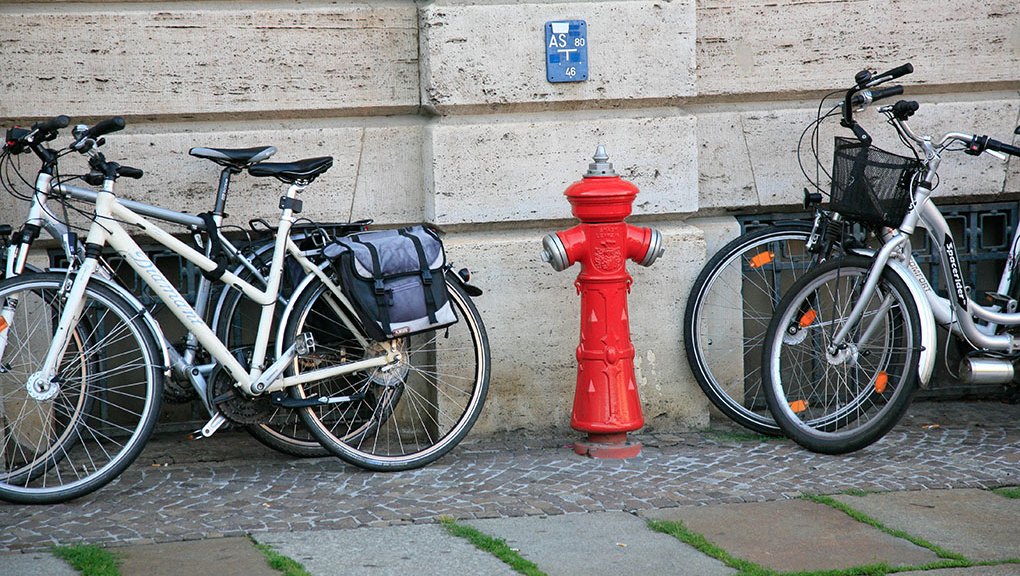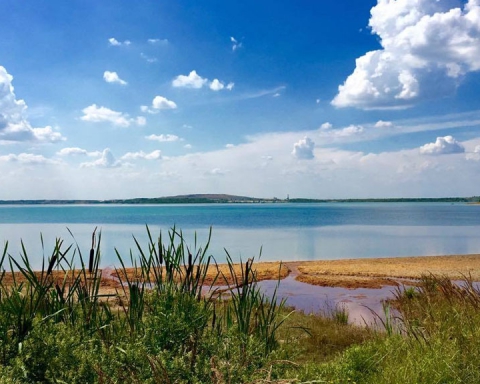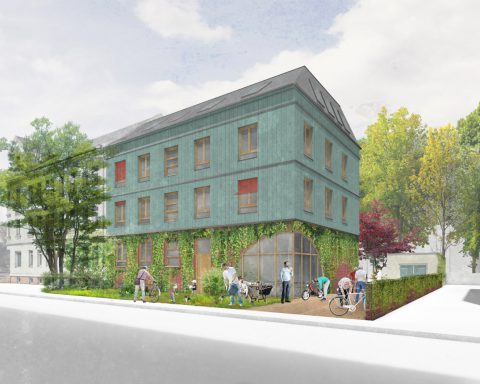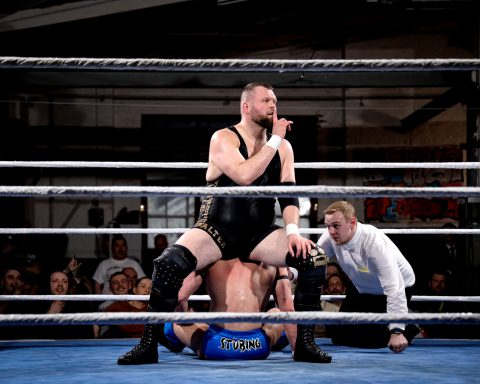Stability is what “respectable ladies” (and “respectable folks” in general) are supposed to aim for. It’s when we opt for the utterly unpredictable instead that we tend to make society uncomfortable, and by extension also ourselves.
The Greek chorus of reason and concern drills a little hole in my head, a hole that sometimes seems to grow bigger, bleeding into insecurity and anxiety.
“When will you finish your dissertation?”
“What will you do after you’ve finished?”
“Why are you investing so much time into studies or what amounts to a hobby? Shouldn’t you get a real, full-time job?”
“Will you stay in Leipzig? Will you go back to the U.S., or Brazil?”
Not to mention the specter of unrealized babies and husband. It’s enough for an acute case of quarter-life crisis which, ongoing on a daily basis, can feel chronic. And then people complain you’re too cynical.
“When will all my input and potential finally become something concrete, rewarding and… stable?”

Well-meaning friends, relatives and strangers expect you to have all the answers, especially when you’re past 30. Society expects you to have already reached certain benchmarks your parents probably had by that time in their lives.
But with the flexibilization and oversupply of labor, coupled with paralyzing pressure to achieve and inflated hopes and ambitions (because we’re all supposed to be extraordinary), many of us get stuck in adolescence well past our college graduation. Sometimes this happens even when we choose a less riskier path, and tick all the “right” boxes.
I once had about as much stability as the average 20-something can have in a society that runs on borrowed money, leases and mortgages.
I had a second-floor apartment with a wooden porch in a house that wasn’t mine. A car and cell phone that weren’t mine either. An older boyfriend with a strong network of rooted friends (more his than mine). A job I’d managed to keep for more than a year and a half (but with the ever-looming threat of layoffs).
If I’d stuck around long enough, I’d probably have secured better agreements and/or contracts with house, car, cell phone, boyfriend and job. Instead, I chose to deal a decisive blow to any stability I might have for the foreseeable future.
To put it crudely, I kicked stability in the balls and ran (admittedly with a little bit of cushion, meaning a money supply).
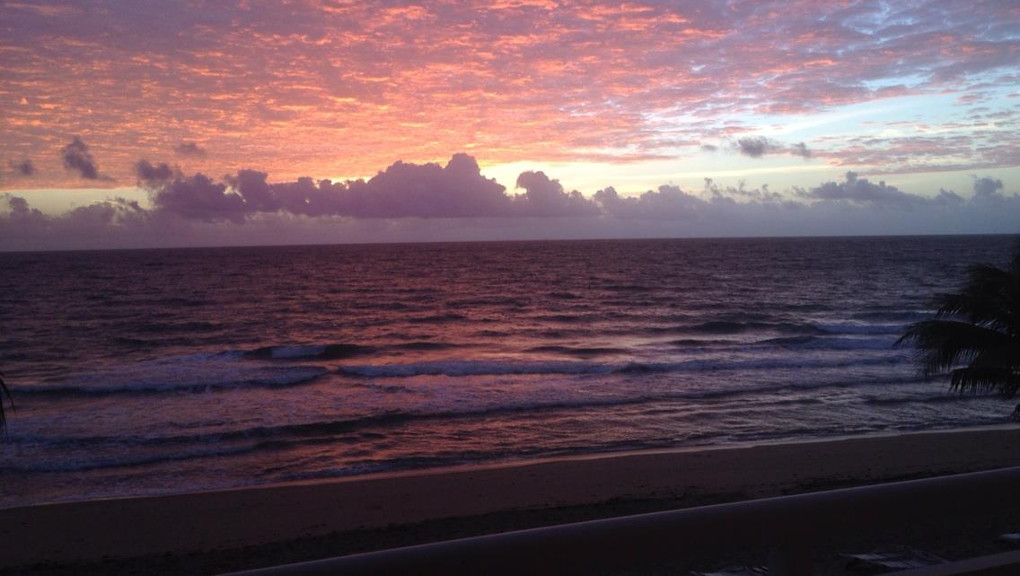
I obtained a scholarship and sold all the hard-earned furniture I had bought from places like Wal-Mart and Goodwill. I moved across the ocean from all my loved ones for an English-taught Master’s program in a subject that had nothing to do with my journalism career. With two suitcases, a backpack and a few phrases from Rosetta Stone – Danish edition.
This was more than six years ago, before I’d heard of “working remotely around the world” being romanticized and even packaged as a luxury item to be ticked off the bucket list of the brave and bold. I just wanted to get out and do something different, and didn’t philosophize or calculate much.
My gut told me to go for it, and I did, jumping into the attractive unknown.
Sure, another degree in a subject I liked – Global Studies – sounded nice, and perhaps I could work for an international organization when I was done, or start a magazine somewhere in Europe. (As if that were easy.) But the distinct possibility existed that I’d dislike and regret the change, and have nothing much to show for it after the two years of the program.
Most people left their study places after the Master’s, but I stuck around Central Europe, having moved to Poland after Denmark. I’ve stayed even beyond the three years that financially covered the PhD I also ended up pursuing (here in Leipzig). That was an opportunity that came my way via a friend I had cultivated, who emailed me the ad.
Trying to stay on and on – and even one day settle here – is when it started getting complicated.
While you’re studying, the university provides you with some infrastructure, and also you’re not expected to be proficient at the language and ways of the country. After that, you’re on your own, having to figure out language, customs, bureaucracy, doctor’s appointments, visa renewal (for non-EU), and how to earn an income while being an Ausländer with bad German. Finding time for a proper German course has been tough, as has been overcoming the tongue tie interacting with native speakers.
Simply put, the “grace period” is over and now the cold hard reality hits you: Keep afloat and integrate, or get out.
Perhaps you can relate to this and, as a 30-something expat like me, find stability to still be an elusive concept. It’s even worse when you’re so obviously an outsider, and worse even when you see your funds getting lower, your visa and work contract extensions running out, and constant reminders that you should be living as an adult and not as a perpetual student.
As contradictory as this sounds, freedom is a carefully cultivated achievement.
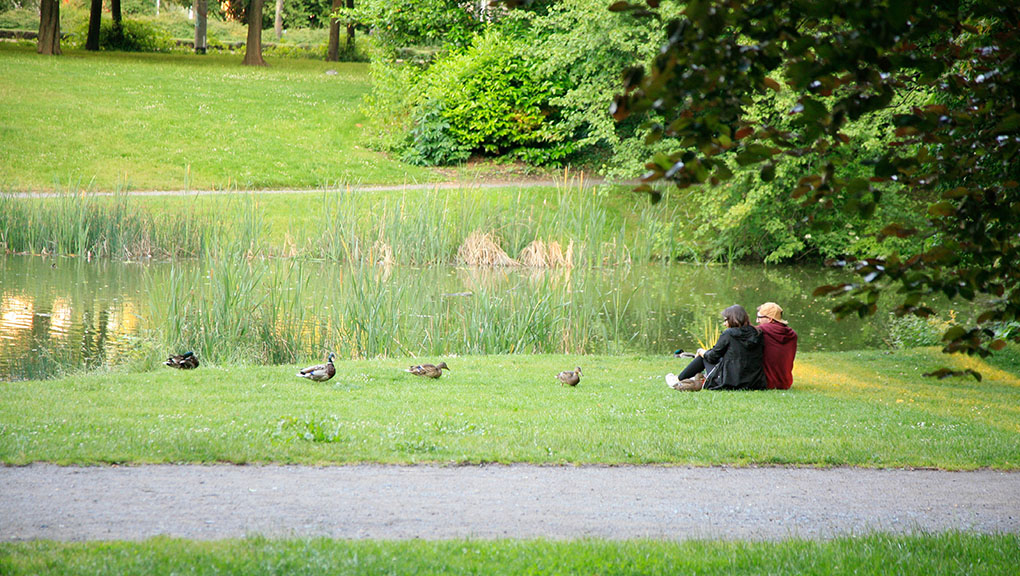
One may argue that you can’t achieve freedom without some degree of stability. You can’t really have freedom if you don’t have enough money in the bank to at least get by wherever you’re living. Conversely, millions in the bank, besides access to lavish possessions, brings a whole new host of risks, troubles and responsibilities you’d have to sacrifice a lot of your freedom for.
But even on really bad days, I still find it worth it to engage in the constant work, ridden with obstacles and outright uncertainty, towards eventually being able to do what I want in a sustainable way. Like some others I’ve met, I’ve turned to spending my prime getting to know myself and other people and cultures as much as possible rather than corporate-climbing. I have even chosen that over proximity with my family.
This has left me with a lot of knowledge but little tangibility to hold on to.
The price I have paid for not settling is not knowing what awaits me a mere few months from now when all contracts and funding are up. But do we ever really know, as much as we find ourselves planning, steadily climbing, marrying? The possible curveballs are many, and I guess the upside of living in obvious uncertainty is not being so floored when even more uncertainty presents itself.
Often, just as the gong is about to ring, something seems to happen to save me, based on input I perhaps hadn’t even realized I’d put in and made an impression with. Still I toss and turn in bed worrying about the gong announcing it’s time to switch paths and get onto conformity, or simply onto being able to keep making a paycheck and living somewhere without being kicked out.
However, I still wake up almost every morning enjoying my part-time job, fledgling magazine project, the PhD that’s only crawling to completion. And that can’t be said for the time when it felt like I had a long-term life- and career plan in the U.S.
Most mornings, I wanted to get away, perhaps very far – I even applied for jobs and programs in China and Japan.
I wouldn’t trade the friends I’ve made and wonders I’ve seen and experienced – and even the bad experiences – for a cushy cubicle or a bigger porch. Among other things, I’ve learned more resilience and acceptance of others and even of myself. I am humbled by everything I’ve learned, and perhaps even more lost in the midst of all the discoveries, but definitely happier overall than before I jumped. A good indication is that I’m trying to stay rather than get away.
With so much promise, different strands of labor and loose ends to deal with each day, all I can do at the moment is live for the process, the journey. I wake up everyday knowing that all I have are butterflies of potential, flying towards a fuzzy end goal.
But I also know that at least for right now, they are still fluttering in all their color, instead of crushed by the weight of stability and conformity.
And perhaps most importantly, they are all mine.
Story updated on 10 December 2023.

